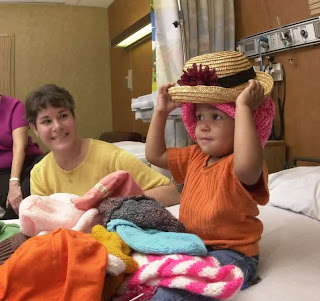The different types of cancer have signs, symptoms, treatments and different forecasts, depending on the type of affected cells and the degree of uncontrolled cell growth.
About Childhood Cancer
As the cancer cells grow, increasingly consume more nutrients from the body. Cancer consumes the energy of the child who suffers it, destroys organs or bones and weakens the defenses of the organism against other diseases.
In the U.S., the only cancer affects 14 of every 100,000 children each year. Considering all the age groups, the most common childhood cancers are leukemia, lymphoma and brain cancer. After ten years, there is a higher incidence of osteosarcoma (bone cancer).
Each type of cancer affects different parts of the body, and their treatments and cure rates are also different.
In general, the factors that trigger cancer in children not often coincide with that trigger cancer in adults, such as smoking and exposure to environmental toxins. Rarely, children suffering from certain diseases of genetic origin, such as down syndrome, have an increased risk of developing cancer. In addition, children who have undergone chemotherapy or radiation therapy as a result of a previous cancer also have an increased risk of developing another cancer in the future.
Anyway, in most cases, children's cancers not inherited are developed as a result of mutations (or changes) in the genes of some cells that are still in the process of growth. Since these errors occur randomly and unpredictably, there is no effective way to prevent them.
It is possible that a pediatrician detect some of the early symptoms of cancer in the periodic medical review of a patient. Anyway, some of these symptoms (such as fever, swollen lymph nodes, frequent infections, anemia or bruising) are also typical of infections to other conditions that are much more common than cancer. For this reason, it is logical that both pediatricians and parents suspect other diseases of childhood, when the first symptoms of cancer.
Once diagnosed the cancer, it is important that parents seek help for your child in a Medical Center specializing in Pediatric Oncology (treatment of childhood cancer).

No comments:
Post a Comment